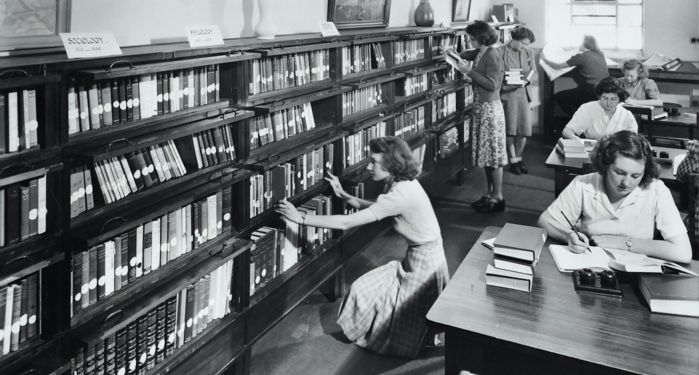
What is Historical Fiction?
What is historical fiction?
Historical fiction, literature that is built around a time period in the past, is one of the genres that I most credit with helping me become a reader. The stories I found in historical fiction books helped me develop not only a more nuanced view of the historical record but also a better appreciation for the stories we pass on as human beings and how they help us understand one another.
While there may be debates about what, exactly, is far back enough to be history (does anyone else freak out when something set in the ’90s is labeled as historical fiction?) and genre mashups such as speculative fiction and time travel complicate things, overall, the genre looks at events that really happened and people who really existed as a jumping-off point for engaging storytelling.
Broadly speaking, historical fiction is literature that takes place in the past. Generally, it works with what might be called culturally recognizable events and facts, in order to create a narrative that is based on historical reality but adds literary elements to craft a story.
Generally, a historical novel starts by laying out the setting, in terms of both time and place, and establishing where in history the story takes place, meaning that these books may involve more exposition or exploration of where the story is set than in other genres. While there are obviously fictional elements to a historical fiction piece, the characters, dialogue, and conflicts should all fall within the norms for that time period. Characters may be completely fictional, or they may be reimaginings of actual people who existed during that time, providing us with a possible insight into the inner lives of historical figures.
Research and Historical Accuracy
Since so much of historical fiction relies on getting the setting right, authors spend copious amounts of time researching the topic of their book in order to give readers an authentic experience. Just as in fantasy and science fiction, this type of fiction requires the author to spend time building the world of the book with the kinds of details that will fully immerse the reader in a different time and place. Speaking to Writers Digest, historian and writer Mary Miley details some of the steps she takes when writing her books, including researching the slang of the time and seeking out primary sources that can give a feel for how characters in the time period lived. Miley also mentions the importance of not confusing modern representations of a time period with actual sources from that time. For example, a movie about the 1920s and an actual silent film from that era should not be treated as equal sources.
Although extensive research and historical accuracy are important, most writers in the genre recognize that this type of fiction is about interpreting the events and people of a past time, rather than trying to meticulously replicate their exact lives. As historical fiction writer Susanna Calkins points out, writing dialogue that is truly reflective of how her seventeenth-century characters spoke would most likely alienate modern readers who are looking for fiction, not a textbook. Multiple historical fiction writers have spoken on the power of the genre to transcend facts and figures and create stories that truly take the readers to another time.
Hidden Histories
Historical fiction can also be a powerful vehicle for highlighting people or perspectives who may not get much coverage in nonfiction historical material. For example, “domestic” fiction often offers a perspective of servants in upper class or royal homes, something that is rarely given a central focus in the historical record.
Additionally, this type of fiction can provide an in-road for authors whose voices are often excluded from mainstream history education materials to share experiences that represent a wider variety of races, religions, and genders, which feels especially urgent given the recent censorship efforts by many school boards and politicians when it comes to history curriculums. Readers who never got to see themselves in the pages of the school textbook might be able to learn about someone they relate to through historical fiction.
Though these books are, ultimately, fictional, they provide a way for us to learn about the people and events of the past in an engaging way, and the stories they tell are crucial in connecting us to the events of history.
Hungry for more historical fiction? Check out this round-up of the best historical fiction books, this list of historical fiction for kids, some influential historical fiction titles, and twenty-five of the best queer historical fiction books.














